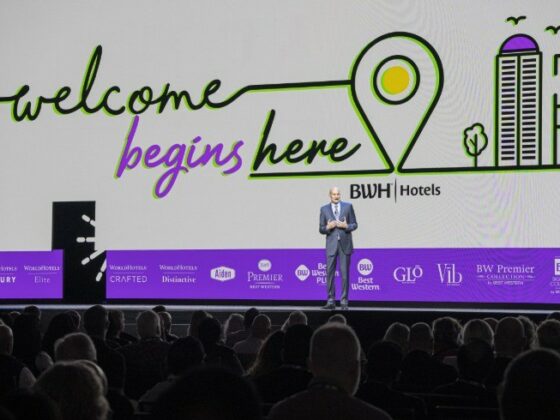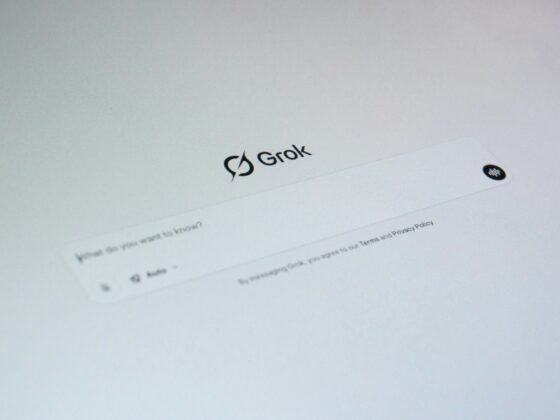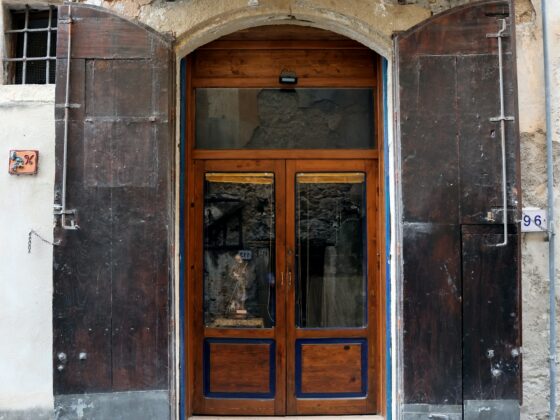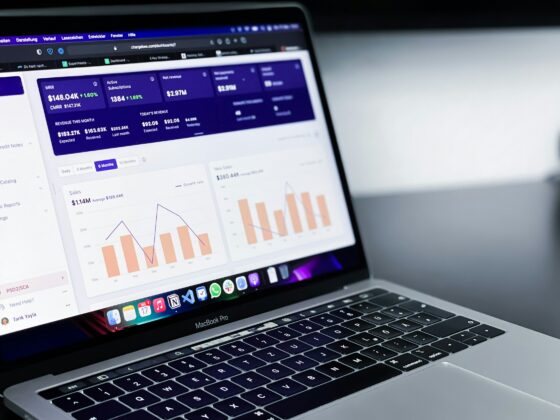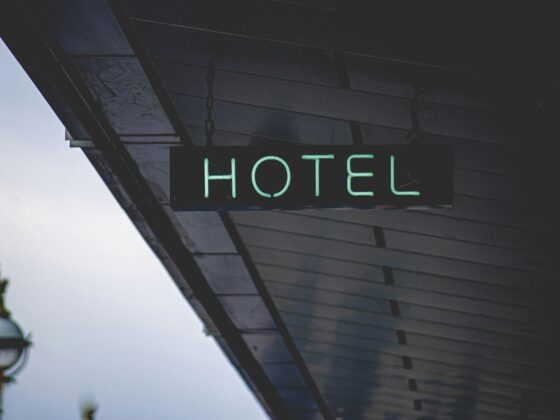
Top Connectivity Challenges
Hoteliers are confronted with numerous challenges when it comes to network connectivity. Outdated infrastructure, for instance, can hinder their ability to provide the bandwidth that today’s guests demand, which can result in slow speeds, dropped connections, and frustrated guests, according to WorldVue.
However, outdated infrastructure isn’t the only factor causing connectivity issues. Modern construction materials, such as energy-efficient glass and thick walls, can interfere with signals and create dead zones on the property, says Brendan Hourihane, senior director, Freshwave.
“It’s frustrating for guests who expect to be connected everywhere and poses a challenge for employees working in areas where they can’t access the signal they need to get their work done,” he adds.
Providing guests with a seamless way to connect to the hotel’s wireless network is another significant hurdle, says Richard Wagner, director of certification and compliance, Nomadix. On top of that, guests also want the convenience of moving between brand properties and automatically connecting to the network without needing to log in at each new location.
Network security presents yet another major challenge.
“With the growing use of mobile check-ins, digital key cards, and cloud-based management systems, hotels must protect sensitive guest information and their own operational data from cyber threats,” Amorese explains. “Implementing advanced security protocols requires ongoing investment and expertise, and the cost of upgrading and maintaining modern network infrastructure, especially for smaller or independent hotels, can be a significant barrier.”
While many hoteliers may think that network security refers only to the data held on their networks, Lenot begs to differ. For example, cybercriminals will often hack into hardware connected to a hotel’s network, such as IoT devices, CCTV and other surveillance equipment, and more.
Even just finding and attracting skilled IT employees to monitor and repair the hotel’s network can be a significant challenge, says Mark Kornegay, group vice president, vertical markets for Spectrum Enterprise.
And when hoteliers don’t have access to staff members who know how to fix connectivity issues, guests often feel they’ve been subjected to poor customer service, Lenot says.
“In today’s world of online reviews, that can have a lasting impact,” he adds.
Improvements You Can Make Today
To overcome these challenges, hoteliers first need to ensure that they have the budget necessary to upgrade their network, says Sullivan.
“If you invest in your Wi-Fi network, you’re going to improve your satisfaction scores, online reviews, and repeat guest visits,” Sullivan adds.
When the budget has been secured, hoteliers should first look to implement a robust, high-speed Wi-Fi infrastructure that is also scalable, WorldVue says. Scalability will be key as it will allow hoteliers to upgrade the network without significant downtime or cost as guest expectations and technologies evolve.
“Investing in a future-proof solution instead of a quick fix will help hotels stay competitive as technology continues to advance,” WorldVue adds.
Once a scalable architecture is in place, hoteliers could look into upgrading to Wi-Fi 6.
“This newer standard offers faster speeds, better performance in crowded network environments, such as lobbies or conference centers, and enhanced security protocols. Wi-Fi 6 also optimizes network performance for Internet of Things (IoT) devices, which are becoming more common in hotels through smart thermostats, lighting, and locks,” WorldVue adds.
To ensure Wi-Fi 6 works properly, Trevor Dowswell, chief technology officer at Hotel Internet Services, recommends that hoteliers invest in a solid fiber or Cat6 Ethernet cabling infrastructure. This infrastructure should service enough locations to have Wi-Fi 6 access points at the best user-to-access point ratio obtainable in rooms, ideally a one-to-one or one-to-two access point per room.
“Hoteliers should also investigate integrating 5G into their properties to allow the guest to have access to the hotel network from other locations (like airports, shuttle vans, etc.),” says Wagner.
As hoteliers consider how to implement reliable in-building mobile coverage, Hourihane offers a note of caution.
“Hoteliers should be wary of providers suggesting technology, such as repeaters, that merely amplify outdoor signals,” he says. “This allows for little control over the signal quality or capacity and can be negatively impacted by changes in the outdoor environment. A reputable provider will provide a binding contract committing them to deliver connectivity from all necessary mobile operators.”
And while enhanced speed and coverage are top priorities for hoteliers looking to upgrade their network, they shouldn’t forget to prioritize security.
“Hoteliers need to invest in advanced cybersecurity measures, including encrypted guest networks, firewalls, and continuous monitoring systems to protect both guest data and the hotel’s operations from cyber threats,” Amorese explains. “They should also consider solutions that offer secure, seamless access for guests, such as personalized logins or secure portals. These upgrades not only improve the guest experience but also safeguard the hotel’s operations in an increasingly digital landscape.”
Finally, hoteliers need to ask themselves who they want to manage the network and its upgrade. Some hotels may wish to manage their networks in-house. In that case, Lenot recommends that they look for a comprehensive mix of service and technology providers that will work with their internal team to enable secure daily operations through built-in security mechanisms, so they aren’t always reliant on adding new services and appliances.
But finding (or even hiring) internal team members with the correct level of expertise in this area may be too much of a challenge for some hoteliers. Those properties may decide to partner with a connectivity partner to help manage, implement, and regularly update their systems, Kornegay says.
“A managed network services provider can relieve hoteliers from the complexities of network management, allowing them to focus on other ways to enhance guest experiences,” he says. “Managed network solutions can provide scalability and flexibility, enabling hotels to quickly adapt to changing guest expectations and technology trends. This ensures that hotels can consistently meet guest needs for connectivity and digital experiences, keeping them competitive in the hospitality market.”
Kornegay adds that additional benefits to partnering with a managed services provider are shifting costs from a capital expenditure to an operational expenditure, and no longer needing to pay large upfront costs for hardware, software, equipment maintenance and repair. Instead, these expenditures are reduced to a single, predictable monthly fee.


